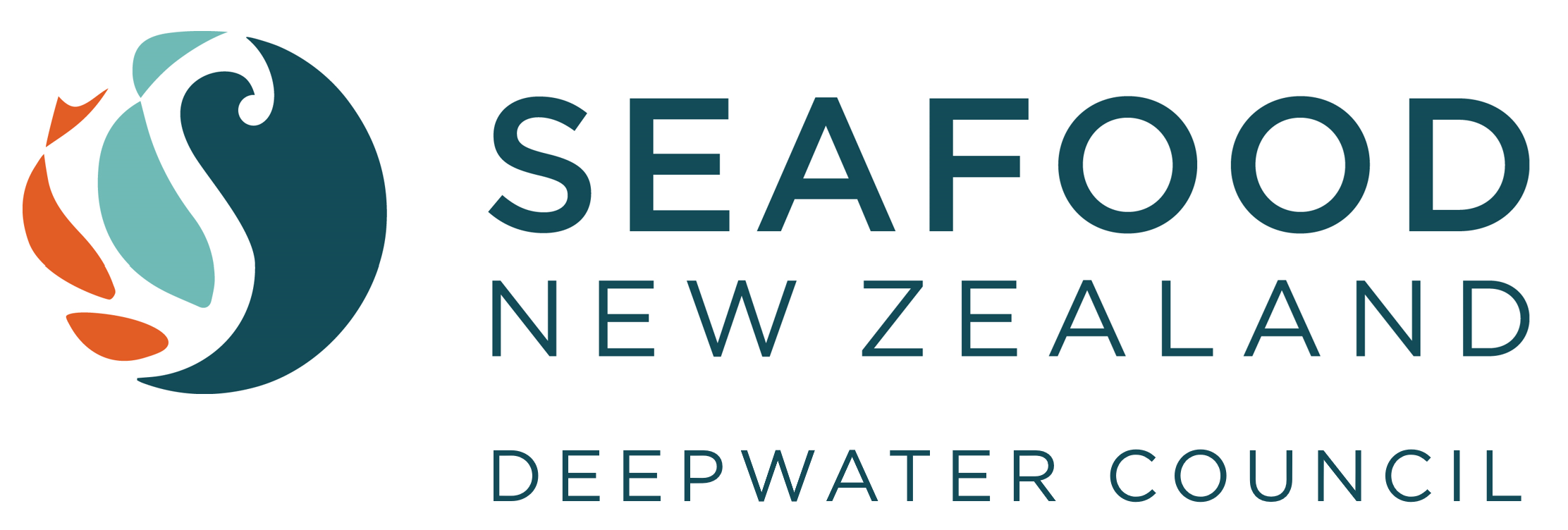27 March, 2014
Dear Minister Guy,
You have asked us for further information on the efficacy of SLEDs.
Deepwater Group Ltd (DWG) represents the quota owners in New Zealand’s deepwater fisheries who are committed to ensuring that New Zealand’s EEZ fisheries are recognised as the best managed deepwater fisheries in the world. Within this objective, the aspirational goal is to reduce the number of incidental mortalities of New Zealand sea lions to as near to zero as is possible. We are actively engaged with scientists, engineers, fishermen, MPI and DOC to achieve this goal and we are making excellent progress in reducing the number of incidental mortalities.
DWG has contracted Mr Barry Baker of Latitude 42 Environmental Consultants Pty Ltd to provide an independent overview of the available published scientific reports on SLED efficacy.
Mr Baker is a globally recognised expert in bycatch mitigation and has undertaken contracts for DOC and MPI. He is an Appointed Scientific Councillor on bycatch to the Convention for the Conservation of Migratory Species of Wild Animals (CMS); was Chair of the Seabird Bycatch Working Group Agreement on the Conservation of Albatrosses and Petrels (ACAP) from 2005 to 2013; and is the Bycatch Mitigation Mentor for the Southern Seabirds Solutions Trust.
Mr Baker recently reviewed all aspects of the development and implementation of SLEDs in the SQU6T fishery and concluded that:
- SLEDs significantly reduce the risk of mortality of sea lions in trawl nets;
- The efficacy of SLEDs has contributed to reduced rates of observed mortality of sea lions in the fishery in recent years, and that
- There remains no evidence to support the theory that sea lions sustain life-threatening injuries when interacting with SLEDS.
DWG is aware there are a very small number of commentators, most of whom have not considered the available scientific information on this matter (or choose to ignore it), making unsubstantiated allegations to the effect that the fishing-induced mortalities and the ‘ineffectiveness’ of SLEDs are material in the decline of Auckland Islands sea lion population.
The long term economic benefits of our sustainable seafood industry and our excellent reputation as a country recognised worldwide as a producer of high quality sustainable seafood, should not be compromised by misdirected and scientifically unsupported arguments or emotional concerns that the decline of New Zealand sea lions is due to fishing when the scientific facts are clear that they don’t.
The best scientific estimate is that the number of deaths of sea lions from the Auckland Island population is less that ~10 adults each year and is declining. Each year an estimated 625 adults over the age of 7 years from this population die of old age or natural mortality. It is clear that the very small number of mortalities seafood industry is not now causing harm to this population.
We urge the Government to urgently place the focus of any enquiry and remedial actions onto the other causes of mortality, particularly those killing large numbers of pups and yearlings, such as disease.
Regards,
George Clement
CEO
Deepwater Group

